Experts made an incredible discovery during their latest Titanic dive, uncovering a previously unknown statue of “Diana of Versailles.”
The Titanic, which sank over a century ago, continues to reveal its secrets to those who venture into the depths of the ocean.
This latest find has sparked renewed interest and curiosity about the iconic ship.
During a recent exploration of the Titanic wreckage, experts made a stunning discovery that has captured global attention.
The Titanic sank over a century ago after hitting an iceberg and has since become a major underwater archaeological site.
It continues to reveal artifacts and show the effects of time on the ship.
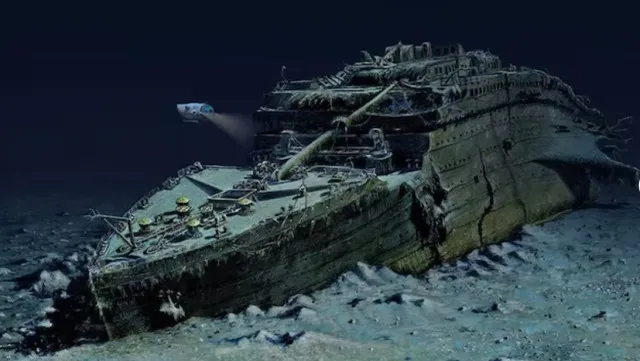
Experts launch the latest exploration of Titanic site
Recently, a team from RMS Titanic Inc. embarked on a mission to explore the wreck.
Using remotely operated vehicles (ROVs), experts captured over two million images and 24 hours of footage.
This provided a detailed view of the Titanic and its surrounding debris field.
They discovered the unexpected conditions of the Titanic
The exploration aimed to assess the condition of the ship after more than 112 years underwater.
One of the first shocking discoveries was that a large section of railing from the ship’s bow had collapsed and now rests on the seabed.
This change highlights the ongoing deterioration of the wreck.
Tomasina Ray, the director of collections at RMS Titanic Inc., commented on the iconic nature of the Titanic’s bow.
She noted that its current state highlights the ship’s decay over time.
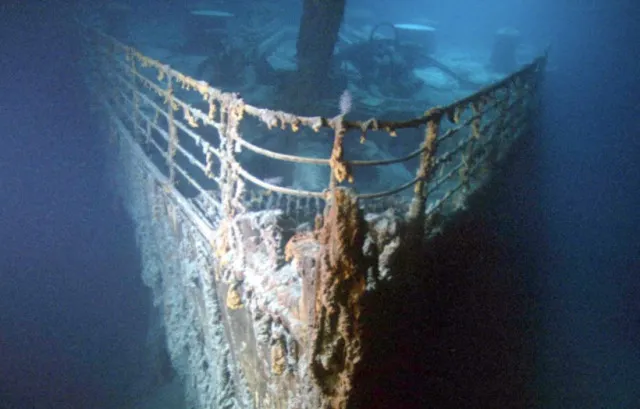
“The bow of Titanic is just iconic – you have all these moments in pop culture – and that’s what you think of when you think of the shipwreck.
“And it doesn’t look like that anymore.
“It’s just another reminder of the deterioration that’s happening every day.
People ask all the time: ‘How long is Titanic going to be there?’ We just don’t know, but we’re watching it in real time.”
In addition to the structural changes, the expedition also revealed the presence of rusticles
The expedition uncovered rusticles, which are stalactite-like formations created by microbes that consume the ship’s metal.
These formations highlight the ongoing deterioration of the Titanic’s structure.
These discoveries demonstrate the ongoing biological processes affecting the wreck.
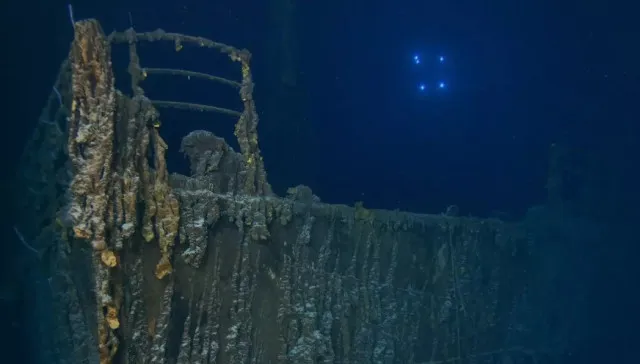
The most incredible thing during the exploration
The most remarkable finding was the rediscovery of the 60 cm-tall Diana of Versailles statue.
This bronze piece once decorated the Titanic’s first-class lounge.
This statue had been lost since it was first photographed in 1986 by oceanographer Robert Ballard.
The ROVs located the statue lying face-up on the sediment, a moment described by the Titanic researcher James Penca as “finding a needle in a haystack.”
The important meaning of the discovery
Penca noted the significance of this statue, stating that it was the centerpiece of one of the ship’s most beautifully detailed rooms.
He argued that recovering such artifacts is crucial because they are meant to be appreciated.
Leaving them in darkness on the ocean floor diminishes their significance.
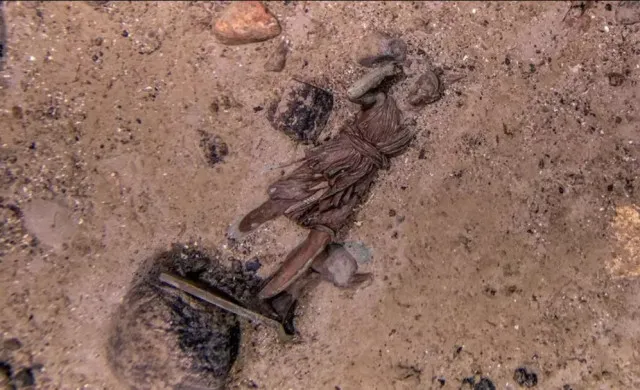
He explained: “It was like finding a needle in a haystack, and to rediscover this year was momentous.
“The first-class lounge was the most beautiful, and unbelievably detailed, room on the ship.
And the centerpiece of that room was the Diana of Versailles.
“But unfortunately, when Titanic split in two during the sinking, the lounge got ripped open.
And in the chaos and the destruction, Diana got ripped off her mantle and she landed in the darkness of the debris field.”
James Penca advocates for retrieving the Titanic artifacts
James Penca believes the rediscovery of the Diana of Versailles statue makes a strong case against leaving the Titanic wreckage undisturbed.
He emphasized that this beautiful piece of art should be viewed and appreciated, rather than left in the darkness of the ocean for over a century.
Penca argues that bringing the statue back would inspire a love for history, diving, conservation, and art.
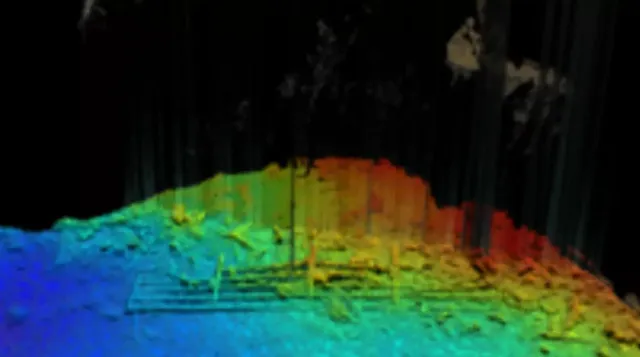
He believes it is essential to recover and display it for everyone to appreciate.
“To bring Diana back so people can see her with their own eyes – the value in that, to spark a love of history, of diving, of conservation, of shipwrecks, of sculpture,
I could never leave that on the ocean floor,” Penca said.